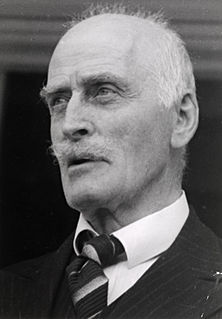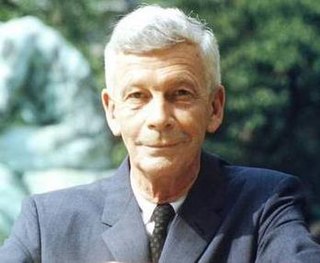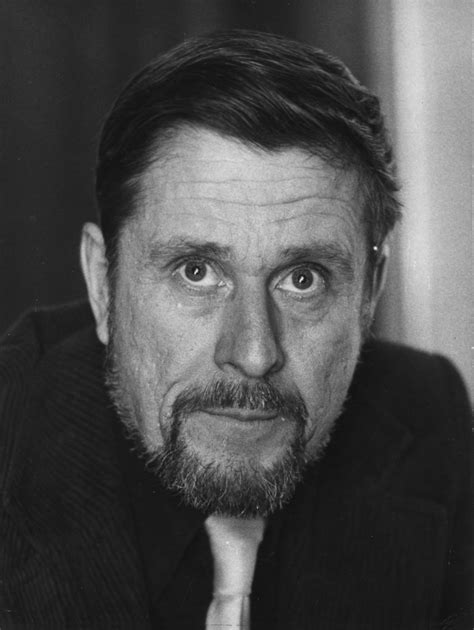A Quote by Marcus Tullius Cicero
Democritus maintains that there can be no great poet without a spite of madness.
Related Quotes
Do you know what constitutes a great poet? He is a person without shame, incapable of blushing. Ordinary fools have moments when they go off by themselves and blush with shame; not so the great poet.... If you really have to quote someone, quote a geographer; that way you won't give yourself away. (p 44)
The poet or the revolutionary is there to articulate the necessity, but until the people themselves apprehend it, nothing can happen ... Perhaps it can't be done without the poet, but it certainly can't be done without the people. The poet and the people get on generally very badly, and yet they need each other. The poet knows it sooner than the people do. The people usually know it after the poet is dead; but that's all right. The point is to get your work done, and your work is to change the world.
In spite of difference of soil and climate, of language and manners, of laws and customs-in spite of things silently gone out of mind, and things violently destroyed, the Poet binds together by passion and knowledge the vast empire of human society, as it is spread over the whole earth, and over all time.









































